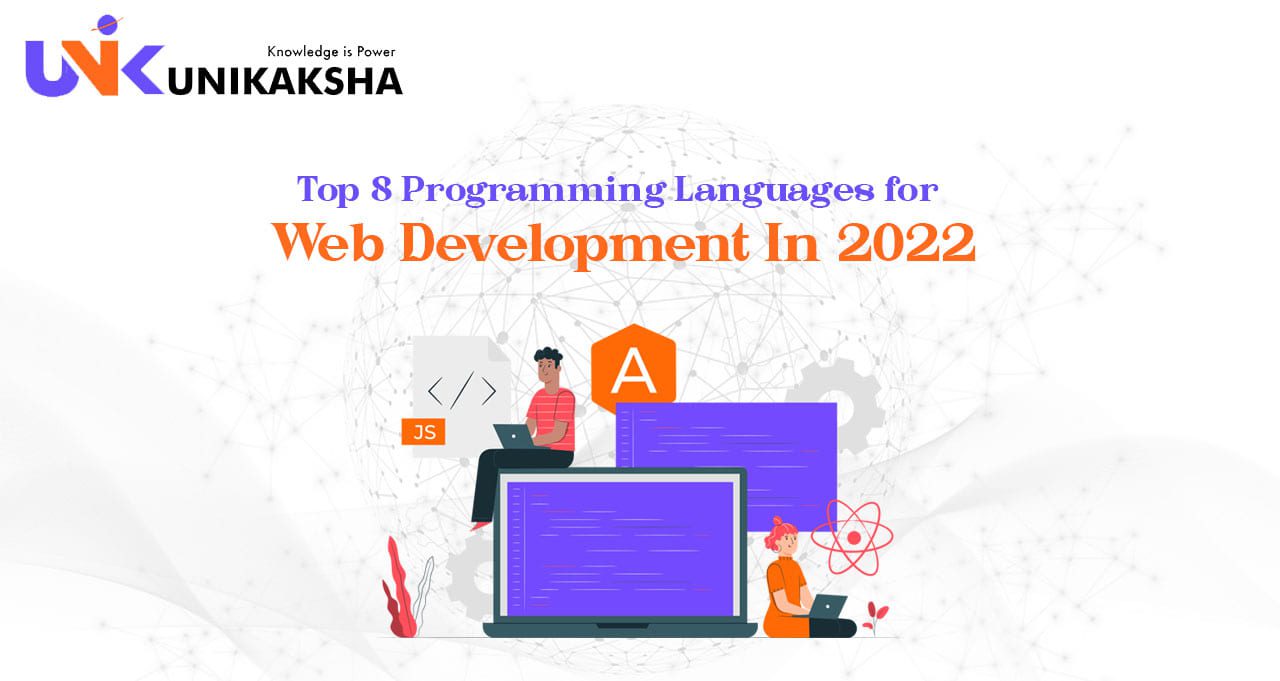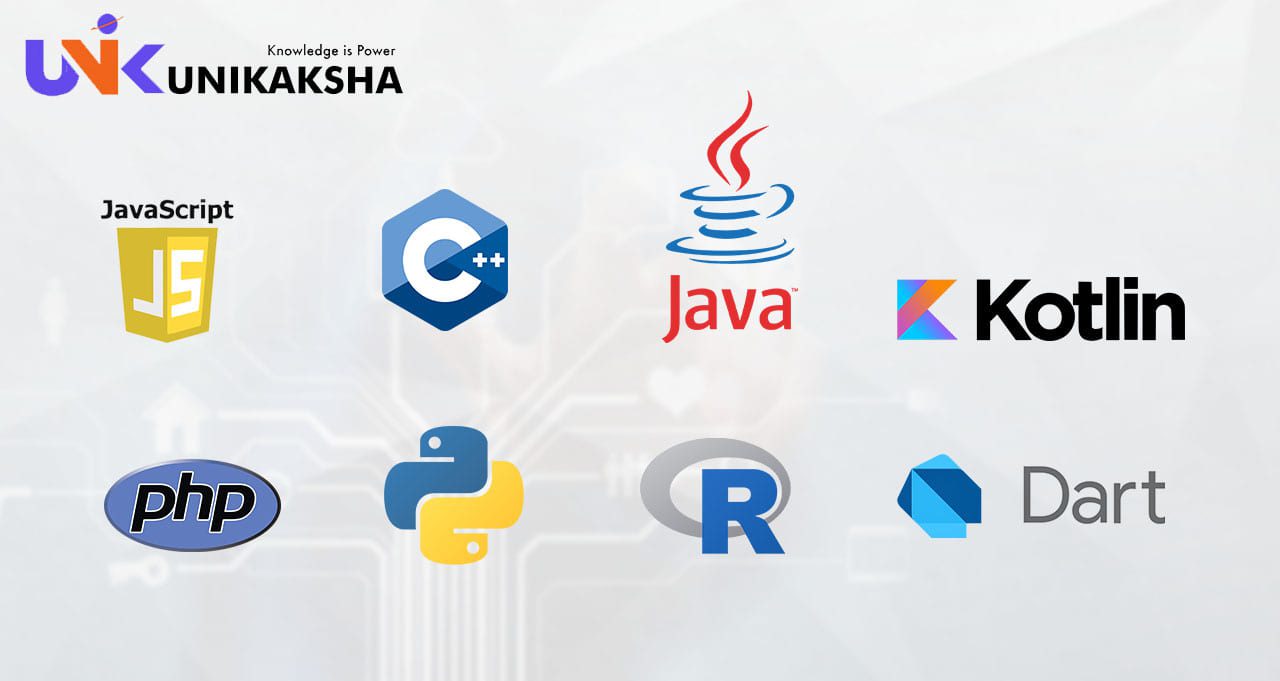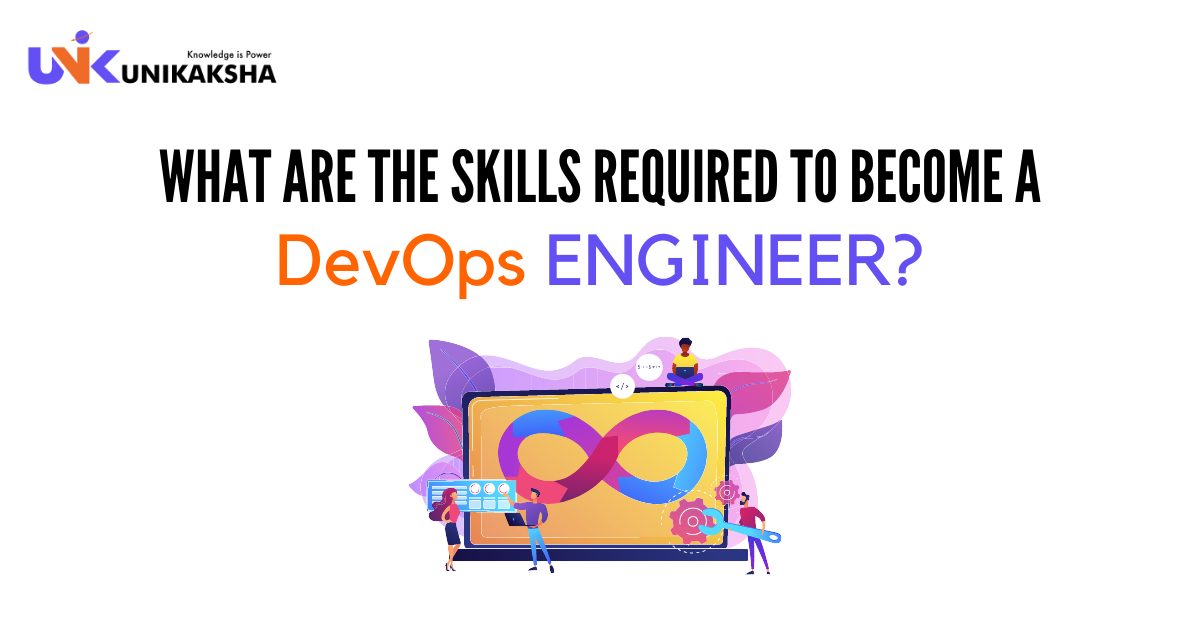How much does the technology job pay? Being a tech graduate, will I be able to meet my expenses? Should I opt for MBBS, MBA, or an LLB degree, instead?
Such questions are quite common in the minds of tech graduates. It’s not just the lawyers, doctors, or engineers who can start their careers with high paychecks. Some tech jobs are in such high demand too. As per the National Association of Colleges and Employers, computer science is a STEM major with the highest job offers and acceptance rate.

Not only that, a study conducted by the Bureau of Labor Statistics (BLS) concluded that the tech industry in the U.S. is poised to add more than 531,000 fresh jobs over 10 years. That comes out to be a growth rate of almost 11 percent which is far more than the average job growth in the remaining sectors. Undoubtedly, tech is a hot industry, but few of the jobs in the tech industry are far better when it comes to growth, paychecks, and overall job satisfaction.
Without further ado, let’s quickly take a look at the Top 5 High Paying Tech Jobs in IT Industry for the year 2022 and beyond.
The 5 most popular & High Paying Tech Jobs in IT Industry
1) Data Scientist
Data science professionals are in high demand across industries globally. Data scientists are the ones often responsible for munging in large amounts of data from various locations (like a company’s network, email servers across multiple geographic regions, and sensors for example). When the data has been collected, they analyze it and provide insights into how to better manage the data or improve its performance. Data Scientists often work in teams with technical staff who build and configure infrastructure systems. Their role will vary depending on the organization’s needs but usually involves collecting relevant data, critical to making informed business decisions quickly.

Core Functions of Data Scientist
- Collect huge amounts of data (Structured and Unstructured) to better manage or improve its performance
- Employ programming languages, like R, SAS, Python, etc. to extract value and insights from the data
- Identify patterns in data and look for data trends to improve an organization’s profitability
- Use data-driven techniques to sort business-related problems
- Apply the principles of database systems, artificial intelligence, numerical analysis, human/computer interaction, and software engineering
- Communicate across a diverse audience throughout the organization
Skills and Responsibility of Data Scientist
- Knowledge of probability, statistics, and math
- Familiar with basic concepts and models of machine learning
- Strong practical knowledge in Python or R
- Familiar with coding, database, and software development lifecycle
- Sound knowledge of databases and data management
- Possess knowledge of various data visualization and data analytics tools and methodologies
- Strong expertise in SQL Server, Oracle, PostgreSQL, MySQL
- Understand modern approaches to software development and their impact
Data Scientist’s Salary
Data Scientist salary in India ranges from ₹ 4.4 Lakhs to ₹ 25.0 Lakhs annually with an average annual salary of ₹ 10.9 Lakhs.
2) FullStack Developer
Today, there are over 23 million developers across the globe and by 2023 that number is expected to soar to 27.7 million – making it one of the highest-paid IT jobs in the industry! The term full stack developer is hard to pin down. However, in layman’s terms, a full stack developer is a person with extensive knowledge and experience across every area of development. That includes front-end and back-end coding, programming and application hosting, design, and more.

Core Functions of FullStack Developer
- Writing clean code for the front and back end of the software
- Designing user interactions on web pages
- Developing APIs and RESTful services
- Developing servers and databases for functionality
- Ensuring cross-platform optimization and compatibility
- Testing and debugging software to keep it optimized
- Testing and maintaining the responsive design of applications
- Working alongside graphic designers for web design features
Skills and Responsibility of FullStack Developer
- Proficiency with fundamental front-end languages such as CSS, HTML, and JavaScript
- Strong project management and organizational skills
- Proficiency with programming languages like Ruby, Java, Python, PHP, and .Net
- Outstanding communication skills
- Familiarity with JavaScript frameworks such as React, Angular JS, and Amber
- Familiarity with database technology such as Oracle, MySQL, and MongoDB
- Attention to detail
- Knowledge of Algorithms and data structures
- Knowledge of automated processes for building, testing, and deployment of it at scale
FullStack Developer’s Salary
The annual Salary of a Full Stack Developer in India ranges from ₹ 2.4 Lakhs to ₹ 18.9 Lakhs with an average annual salary of ₹ 6.5 Lakhs. The salary estimates are based on 8.7k salaries received from Full Stack Developers.
Join UniKaksha’s TechFit, a one-of-a-kind full stack developer program that offers assures guaranteed job with a median CTC of 6.5 LPA (on successful completion).
3) Internet of Things (IoT) Solution Architect
IoT solutions architect is one of the most demanding and highest-paying tech jobs in the market. It’s a leadership role that oversees the strategy behind the development and deployment of IoT solutions. Other than a proper understanding of IoT solutions, one must have exemplary programming skills and an understanding of machine learning and hardware architecture and design. To position oneself as an Internet of Things Solution Architect, one needs to use large volumes of data collected by all kinds of devices on the Internet to resolve business problems.

Core Functions of Internet of Things (IoT) Solution Architect
- Visualize, strategize, design, and steer IoT solutions from beginning to the deployment
- Solve various business problems through discrete IoT solutions
- Communicate IoT architecture with a broad spectrum of audience across the organization
- Should be Technology centric – Knowing which technology to apply, its strengths, weakness and how to apply to solve the IoT business problems
- Understand good data practices
- Solid technical expertise
- Build better communication skills
Skills and Responsibility of Internet of Things (IoT) Solution Architect
- Plan and generate a process to build deployable IoT solutions
- Lead development and deployment of the IoT vision and strategy across the organization
- Lead technical engagement with vendors for products and support issues
- Develop solution proposals that are in line with the client’s acknowledged goals
- Collaborate with varied enterprise groups including Marketing, Product, and Network to optimize solutions and deliver value
Internet of Things (IoT) Solution Architect’s Salary
IoT Solution architect salary in India ranges from ₹12.9 Lakhs to ₹34.0 Lakhs annually, with an average salary of ₹29.0 Lakhs per annum.
4) Cyber Security Specialist
A cybersecurity specialist is an IT professional whose premier aim is to maintain the safety of software and network system in an organization. These professionals protect the system through effective monitoring, detecting, investigating, analyzing, and responding to several cyber security risks, vulnerabilities and threats. They need to have healthy communication skills to train new employees and generate written reports on the company’s security status. Over the period, the success of business operations lies in the effectiveness and capability of its network. Therefore, the need for full-time dedicated personnel has moved from being leisure to an obligation.

Core Functions of Cyber Security Specialist
- Look for vulnerability and risks in hardware and software
- Develop, test, analyze and implement security systems
- Develop firewalls in network infrastructures
- Respond to a security breach or threats
- Improvise and create threat deterrence strategies
- Closing off the security gap in case of potential threat or attempted breach
- Generate written reports for administrator
Skills and Responsibility of Cyber Security Specialist
- Attention to detail
- IT skills with the knowledge of Networks, Hardware, and Software
- Logical and reasoning ability
- Technical Aptitude
- Knowledge of Hacking
- A forensic approach to security challenges
- Problem-solving skills
- Effective Communicator
Cyber Security Specialist’ Salary
According to the research conducted by Ambition Box, Cyber Security Analyst salary in Indian ranges from ₹3.0 Lakhs to ₹11.4 Lakhs annually. The average salary is estimated to be ₹ 5.0 Lakhs per annum. This research was based on 2.9k salaries conducted on Cyber Security Analyst with 1- 13 years of experience.
5) Big Data Engineer
The person in charge of practicing, designing, and building the systems for collecting, storing, and analyzing the data at scale is known as the Big Data Engineer. Organizations require the right people and technology to ensure that massive amounts of data are in a usable state before it reaches the data analysts and scientists. This is where Big Data Engineers are utilized. Fundamentally, the big data engineers ensure that that organization’s data pipelines are secure, scalable, and functional to serve several users.

Core Functions of Big Data Engineers
- Designing the architecture of big data platform
- Maintaining the data pipeline
- Modifying and Managing the integration tools, warehouses, databases, and analytical systems
- Setting up the data-access tools for data analysts and data scientists
- Managing and structuring the data
Skills and Responsibility of Big Data Engineer
- Knowledge of NoSQL solutions including HIVE, CouchDB, Cassandra, and HBase
- Familiarity with Hadoop, Streaming, and MapReduce
- Working access to varied commercial platforms that deal in big data technology including Oracle or IBM
- Experience in Agile development technologies
- Working proficiency in OLAP tech, analytics, and more
- Ability to multi-task with or without support or supervision
- Effective communication skills – both verbal and written
Big Data Engineer’s Salary
Big Data Engineering is a highly rewarding career. According to Ambition Box, the average salary of a Big Data Engineer in India is ₹8.5 Lakhs per year. However, the Data Engineer salary in India ranges from ₹ 3.0 Lakhs to ₹ 22.4 Lakhs. The salary estimates are based on 7.4k salaries received from Data Engineers.
How do you like the article? Feel free to comment below!
About the Author
Sonali is an accomplished Author, Content Writer, Copywriter, and Ghostwriter, known for her ability to create engaging and captivating communications. With over 11 years of experience, she has developed a diverse industry background in Education, Travel, Retail, Events, and Fashion . Quality over quantity is what she firmly believes in. At UniKakhsa, she leads a team of talented technical writers, dedicated to delivering valuable content to readers through our blogs.


 With the development of technology and its wide applicability, programming languages have become an integral part of our lives. It is a set of rules written in any language (C++, C, Java, Python) that people use to make applications on PCs or mobile devices or just for websites.
With the development of technology and its wide applicability, programming languages have become an integral part of our lives. It is a set of rules written in any language (C++, C, Java, Python) that people use to make applications on PCs or mobile devices or just for websites.




